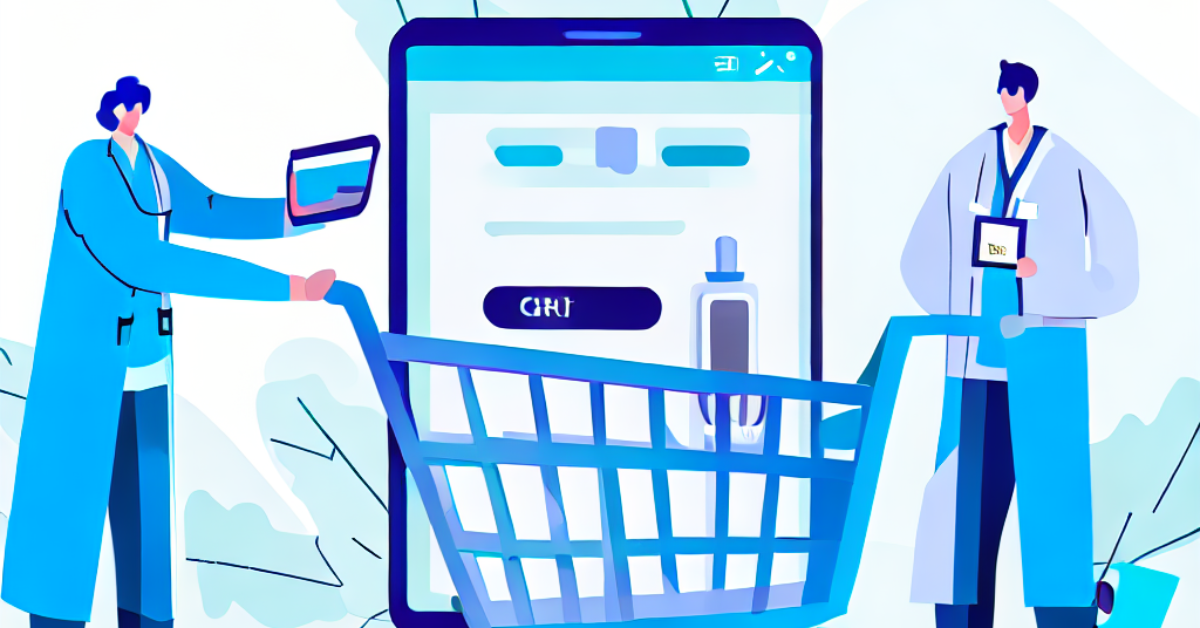
Advantages of Using Mobile Apps for Managing Crash Carts
In the fast-paced environment of healthcare, efficient management of crash carts is critical for ensuring rapid response during emergencies. Mobile apps have emerged as powerful tools in this realm, offering several advantages that can significantly enhance the effectiveness and efficiency of crash cart management. Here’s a closer look at how mobile apps can revolutionize the management of crash carts:
1. Real-Time Access to Information
Mobile apps provide healthcare professionals with real-time access to crucial information about crash carts. This includes:
- Inventory Data: Staff can quickly check the current status of crash cart supplies, including stock levels and expiration dates.
- Protocols and Checklists: Access to digital checklists and protocols ensures that all necessary items are present and properly maintained, streamlining the restocking process.
2. Enhanced Accuracy and Reduced Errors
Using mobile apps for crash cart management helps minimize human error through:
- Automated Updates: Apps can automatically update inventory records and alert staff about low stock levels or expired items, reducing the likelihood of oversight.
- Digital Checklists: Digital checklists ensure that all required items are accounted for and properly documented, enhancing the accuracy of restocking and audits.
3. Improved Efficiency and Speed
Mobile apps can significantly speed up the crash cart management process by:
- Streamlined Restocking: Staff can use apps to quickly identify which items need replenishing, making the restocking process more efficient and less time-consuming.
- Instant Notifications: Automated notifications about upcoming expiration dates or missing items allow for prompt action, ensuring that crash carts are always ready.
4. Better Compliance and Documentation
Compliance with regulations and standards is crucial in healthcare. Mobile apps support compliance through:
- Documentation: Apps can maintain detailed logs of all restocking activities, audits, and inventory checks, providing a clear and accessible record for compliance purposes.
- Regulatory Updates: Apps can be updated with the latest regulatory guidelines and best practices, ensuring that crash cart management practices remain current and compliant.
5. Enhanced Training and Staff Support
Mobile apps can also play a role in staff training and support:
- Training Modules: Apps can include training materials and modules on crash cart management, ensuring that all staff are familiar with procedures and protocols.
- Support and Guidance: In-app support features provide staff with quick access to help and guidance on managing crash carts effectively.
6. Customizable and Scalable Solutions
Mobile apps offer flexibility and scalability for healthcare facilities:
- Customizable Features: Apps can be tailored to meet the specific needs of different departments or units, allowing for customizable checklists and inventory management practices.
- Scalability: As healthcare facilities grow or evolve, mobile apps can easily scale to accommodate new carts, additional users, and changing requirements.
7. Increased Accessibility and Mobility
The mobility of mobile apps enhances accessibility and convenience:
- On-the-Go Access: Staff can manage and access crash cart information from anywhere within the facility, improving the efficiency of restocking and emergency response.
- Multi-Device Compatibility: Apps can be used on various devices, including smartphones and tablets, providing flexibility in how and where staff access information.
8. Data Analytics and Insights
Advanced mobile apps offer data analytics capabilities that can provide valuable insights:
- Usage Trends: Apps can analyze data on supply usage and inventory levels, helping to identify trends and optimize restocking practices.
- Performance Metrics: Tracking performance metrics through apps can highlight areas for improvement and support continuous quality enhancement in crash cart management.
9. Streamlined Communication
Mobile apps can facilitate better communication among healthcare staff:
- Instant Messaging: Apps can include messaging features to allow staff to communicate quickly about cart-related issues or updates.
- Collaborative Features: Shared access to cart information and checklists enhances collaboration among team members, ensuring that everyone is informed and aligned.
Conclusion
The integration of mobile apps into crash cart management offers numerous advantages, from real-time access to information and improved accuracy to enhanced efficiency and compliance. By leveraging the capabilities of mobile apps, healthcare facilities can streamline their crash cart management processes, ensuring that these critical resources are always prepared for emergencies.
Comments are closed